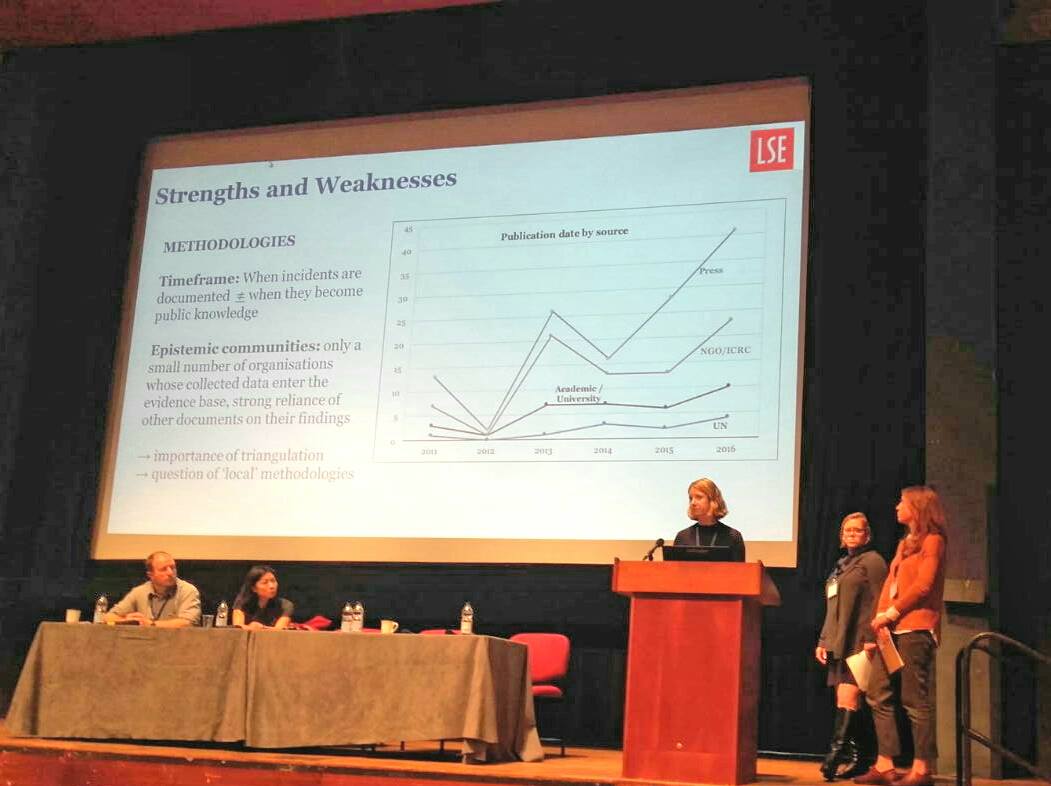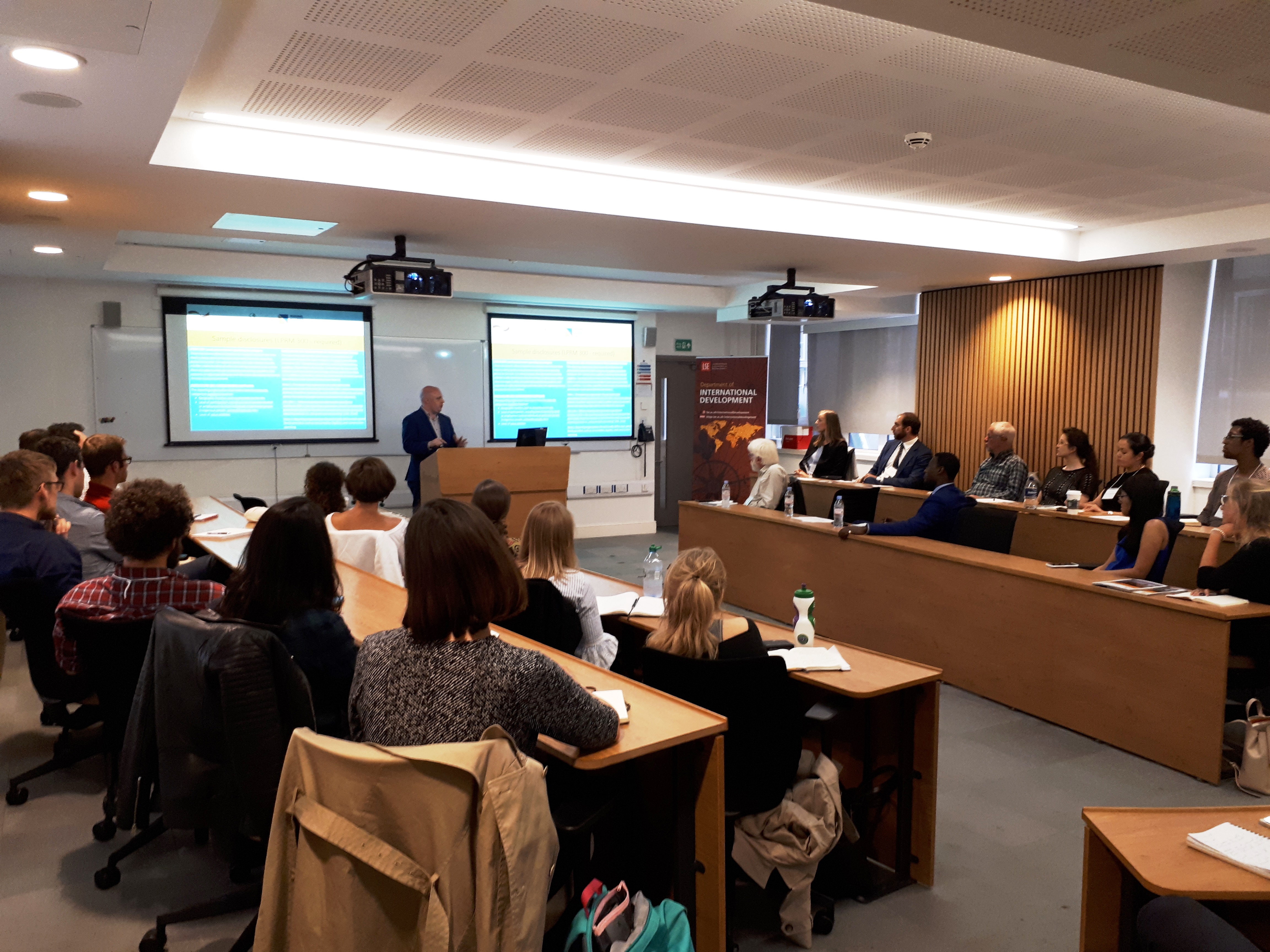Professor in Practice, Duncan Green, shares some useful tips on how to get your emails answered.
Some of my LSE students are pulling their hair out. A number of them are doing consultancies for various bits of the aid industry. They have composed their requests for interviews, links, suggestions etc, hit ‘send’ and then…. Silence.
So short of doorstepping the unresponsive (which will probably get you arrested), how can you maximise your chances of getting a reply to your email? I tweeted the FP2P hivemind and got dozens of replies, many from the kinds of people students are probably trying to contact. Here’s what they said:
Obvious but important:
Get the grammar and spelling right – it’s amazing how many emails I get with my name misspelt. That doesn’t make you feel like answering
Have a specific question. Don’t say “I am interested in development and am hoping you can help.” (Sarah Lucas)
Timing:
Aim to be on the top of their morning email backlog, so hit send about 7.30am. Avoid weekends.
Tone:
Strike the appropriate balance between informality and formality: ‘Dear Sir’ is likely to be OTT (and they will think it’s a roundrobin) but don’t go the ‘Hey, Bob’ route either – no first names if you’ve never met them! (Shabana Abbas, Sophia Murphy)
Get to the Point:
Get the ask in the subject line. “Request for interview from Financial Times.” (Alan Beattie, but then he does actually work for the FT – an alternative for students might be ‘Professor X suggested I get in touch’).
Brevity! If one has a lot to say, one should place it in an attachment or in the second iteration of emails. (Diane Coyle, Michael Clemens)
Don’t waffle about your values (Lesley King)
The Right Kind of Flattery:
“I have been deeply inspired by your seminal paper/work in …” (Dani Rodrik, presumably tongue in cheek)
If they are super busy, they will have a swiss cheese memory (lots of holes). Try “I will never forget your wise words, and your request to lean on you when the time came.” (Paul O’Brien)
Think about their constraints:
Don’t ask for a chat unless you really mean it. And then say how long you expect the interview to last (take a real estimate, then halve it!). They may find a skype call less disruptive (and easier to end) than a face to face meeting.
And if all else fails:
Pretend to be a funder! Works for me:-) (Nicholas Colloff, but then he is actually a funder)
And some things I wasn’t convinced by:
Don’t say you’re a student? Offer help? Try and incentivize them/convince them it is in their interests to reply? Personally, the ‘we were all students once’ sympathy card works better for me than ‘it’s your lucky day, you get to be interviewed by me.’
Also not convinced by ‘If the person they are trying to contact has a PA, approach the PA first for help.’ Isn’t a PA’s job to stop his boss saying yes to this kind of thing?
Over to you – more tips please!
Dr Duncan Green is Senior Strategic Adviser at Oxfam GB, Professor in Practice in International Development at the LSE. His daily development blog can be found on www.oxfamblogs.org/fp2p/.
The views expressed in this post are those of the author and in no way reflect those of the International Development LSE blog or the London School of Economics and Political Science.





